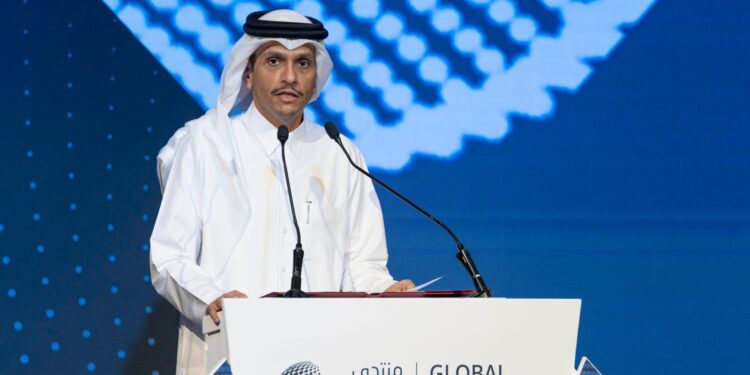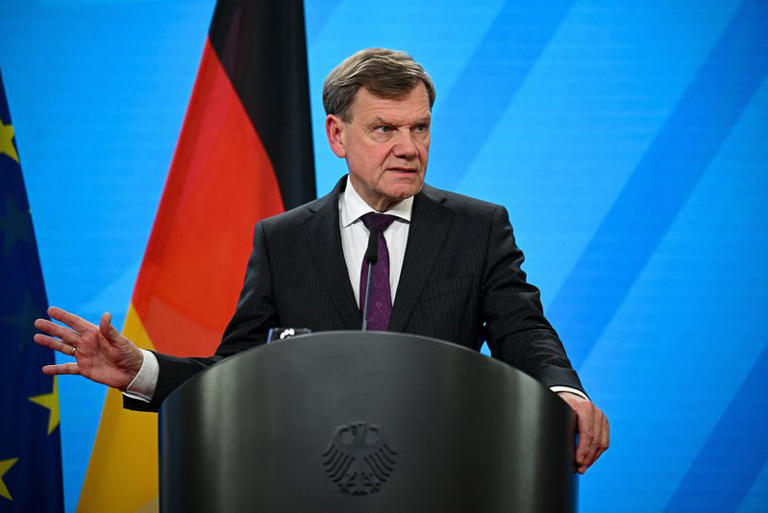The seventh edition of the Global Security Forum 2025 was held in Doha, Qatar, under the theme “The Impact of Non-State Actors on Global Security,” with wide participation from officials, experts, and academics worldwide. The forum, which ran until April 30, addressed major security challenges amid rapid geopolitical transformations.
The forum was inaugurated by Sheikh Mohammed bin Abdulrahman bin Jassim Al Thani, Qatar’s Prime Minister and Minister of Foreign Affairs, who emphasized the forum’s critical importance at a “pivotal moment” requiring deep and honest dialogue, alongside innovative partnerships to address a world facing increasing instability.
In his speech, the Prime Minister highlighted ongoing crises, such as the conflict in Ukraine and the deteriorating situation in Gaza, noting that these are no longer isolated incidents but interconnected phenomena requiring a comprehensive international response. This response, he stressed, should include strategies for rebuilding that address not only material needs but also social and psychological dimensions.
He also pointed to fundamental shifts in the global order, urging states to reassess traditional concepts of security and stability. These conflicts, he noted, create intertwined crises that feed into one another, necessitating coordinated and proactive international efforts.
The Prime Minister reaffirmed Qatar’s commitment to dialogue as a fundamental tool for resolving conflicts and building peace. He highlighted Qatar’s mediation experience, which has shown that sustainable peace requires openness to all parties, respect for local communities, acknowledgment of historical grievances, and efforts to address them with justice and reconciliation.
The Global Security Forum is a prominent annual platform bringing together decision-makers, representatives of international security agencies, experts, academics, journalists, and a wide audience interested in security issues. Over the years, it has built an effective network for dialogue and cooperation on pressing security matters, cementing its status as a leading global event.
This year’s sessions covered topics such as the role of non-state actors in conflicts, cybersecurity challenges, extremism, and opportunities for multilateral cooperation to enhance regional and international security.







